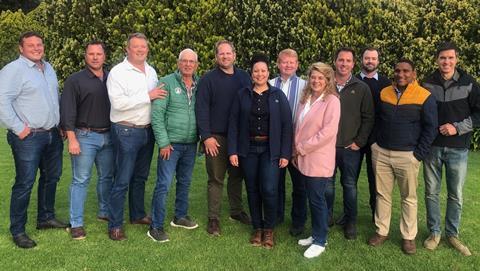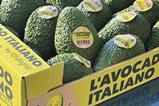Fixing logistical disruptions and opening new markets among priority areas of focus for newly configured board of directors

Producer association South African Table Grape Industry (SATI) has named Alwyn Dippenaar as its new chair, with Michael Vorster set to follow him into his previous role as vice-chair.
Meanwhile, newly elected board member Reynecke Viljoen joins re-elected directors Brett Gosling, Morné Paxton, Gabriel Viljoen, Niel Kirsten, and Carel van der Merwe.
Mecia Petersen, who was appointed as chief executive officer earlier in 2024, will also serve on the board.
Dippenaar, who hails from the country’s Orange River region and has served on the SATI board since 2014, takes over from Anton Viljoen Jnr, who steps down after four years in the post.
According to the group, the new chair brings “extensive experience” and “practical knowledge” of the table grape industry, which he will use to guide its strategic direction across all portfolios – research, market access, and market development.
“As we continue advancing strategic projects set in motion by the previous board, maintaining South Africa’s position as a preferred supplier in our existing markets remains a priority,” Dippenaar commented.
“Parallel to this, we also focus on market access and development. We are positive about the opportunity to expand South Africa table grape exports to North America.”
Dynamic shifts
Reflecting on his time as chair, Viljoen thanked the industry for its support and emphasised the importance of collaboration in achieving objectives that can benefit South Africa in the international marketplace.
He also cited its Predictive Logistics Model (PLM) project as an example of how the industry could evolve to market requirements in the face of “dynamic shifts” to the global logistics landscape and evolving socio-political factors.
“We also placed a lot of emphasis on working more closely with external industry role-players, such as Transnet and Eskom, to address challenges faced,” he said.
The new board of directors is expected to support the continued development of PLM, which factors in data points from across the value chain to provide optimal logistics solutions during the table grape export season.
The project’s second phase, which will be implemented during the 2024/25 export season, will deliver regular scenario updates during the season that can inform on-farm and commercial decisions, SATI added.








